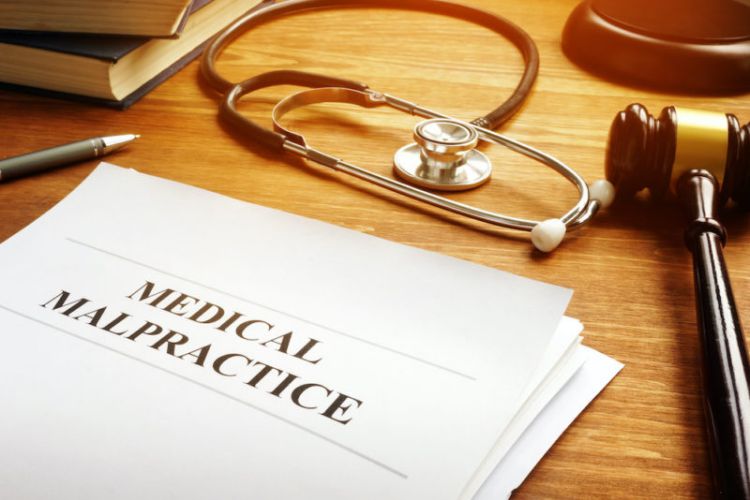 When medical professionals provide care, there is a promise to their patients from a legal standpoint—a promise that their care will deliver a certain level of competence and attention. This is what’s known as a duty of care.
When medical professionals provide care, there is a promise to their patients from a legal standpoint—a promise that their care will deliver a certain level of competence and attention. This is what’s known as a duty of care.
However, there are occasions when a medical provider doesn’t meet these expectations, and you can seek justice by filing a medical malpractice claim. Here we will discuss what is required to make such a claim successful.
Duty of Care Owed to Patient
For a medical malpractice claim to be made, a lawyer has to show that you were seen by a medical professional for treatment. Doctors have a legal obligation to provide appropriate treatment, follow established standards, and do their best to avoid further harming a patient who seeks their care.
The Breach of the Duty of Care
While establishing the duty of care is critical for any medical malpractice case, a lawyer must show that this duty was broken for a malpractice claim to be made. An example of this breach could be if a doctor failed to refer you to a specialist when it was necessary for treatment, and your condition worsened and caused grave physical and emotional distress.
Causation
Causation must also be proved in these claims. Medical negligence claims involve two different types of causation: causation in fact and proximate causation. Causation in fact refers to the oversight of the medical provider directly causing your worsened condition. Proximate causation, on the other hand, means that your provider should have foreseen the event coming as a result of this breach and should have made arrangements to prevent further harm.
Damages
Damages involve any injuries or losses sustained as a result of the breach. Damages take on different forms–physical deformities, monetary loss, and emotional distress are some examples. It’s essential to document and quantify these damages accurately to pursue them in a medical malpractice case.
Strong Evidence
To build a strong medical malpractice case, gathering evidence is essential. Evidence may include medical records, witness statements, expert opinions, and any relevant documents. Thorough and timely evidence collection can significantly impact the outcome of a case.
The elements of a successful medical malpractice case include establishing the duty of care, proving a breach of the standard of care, demonstrating causation, and documenting damages. Evidence is used by a medical malpractice attorney to substantiate these claims. While these cases can be hard to prove negligence, seeking experienced legal representation is essential to getting started. If you believe you have a medical malpractice case, following the advice of a qualified Louisville medical malpractice lawyer is essential to pursuing the compensation you deserve.











